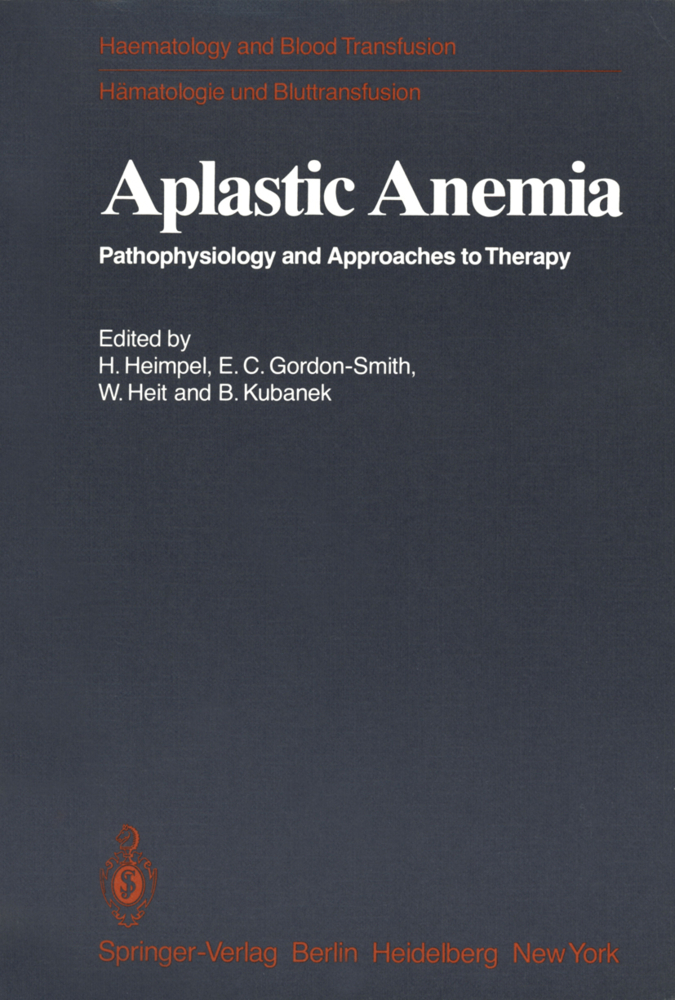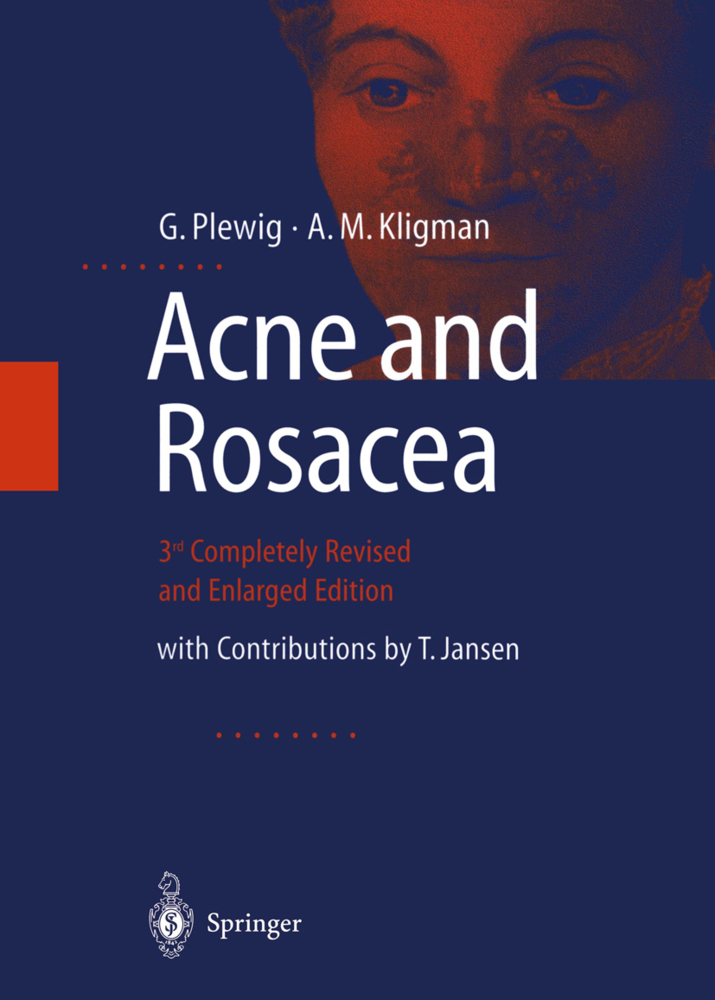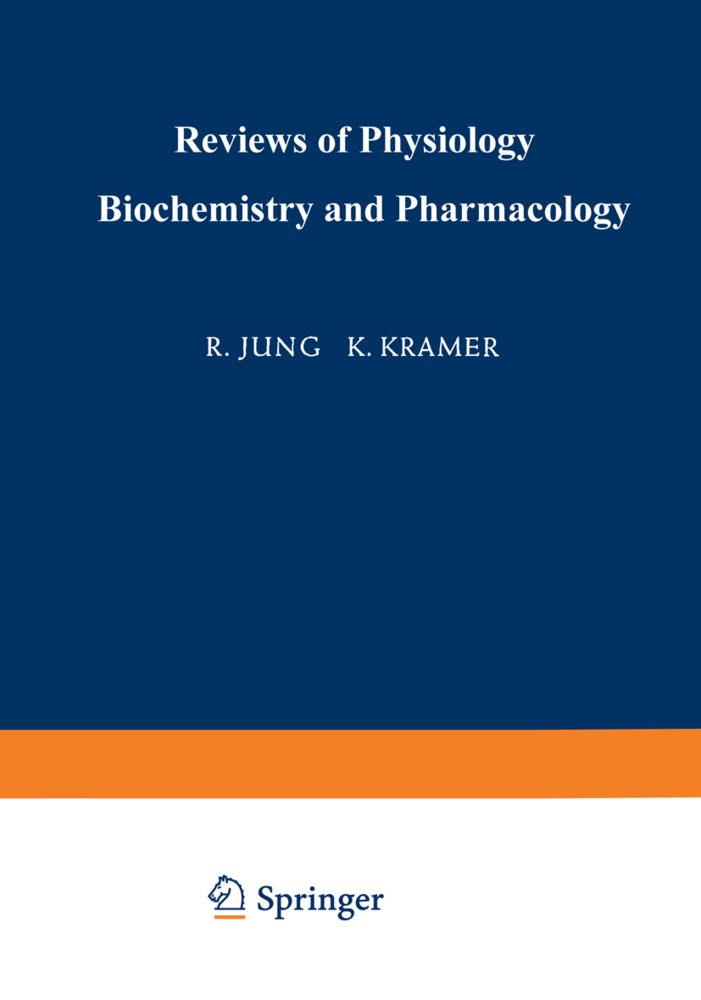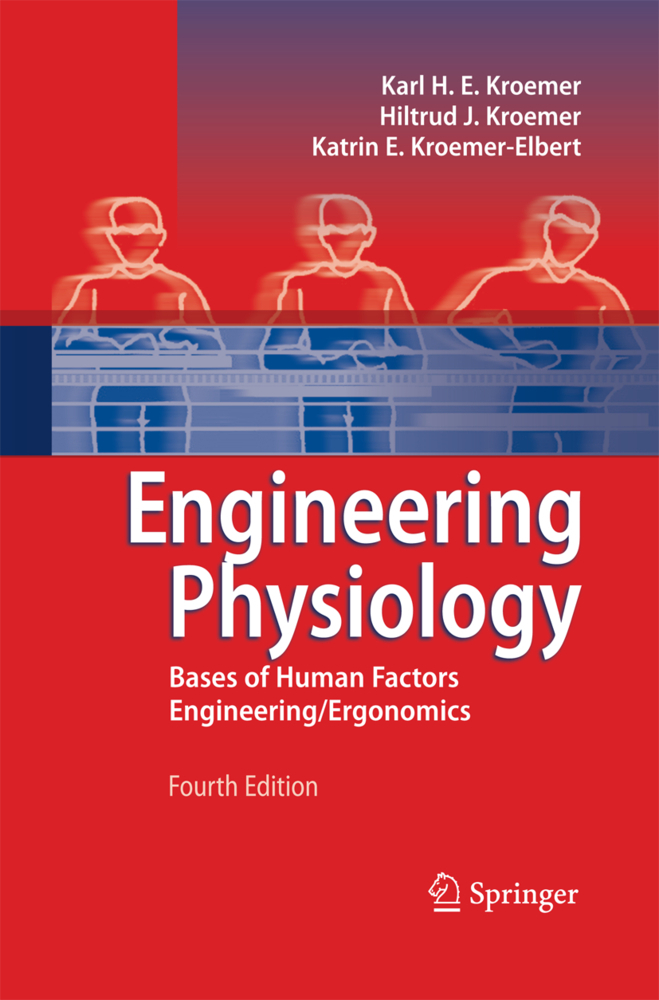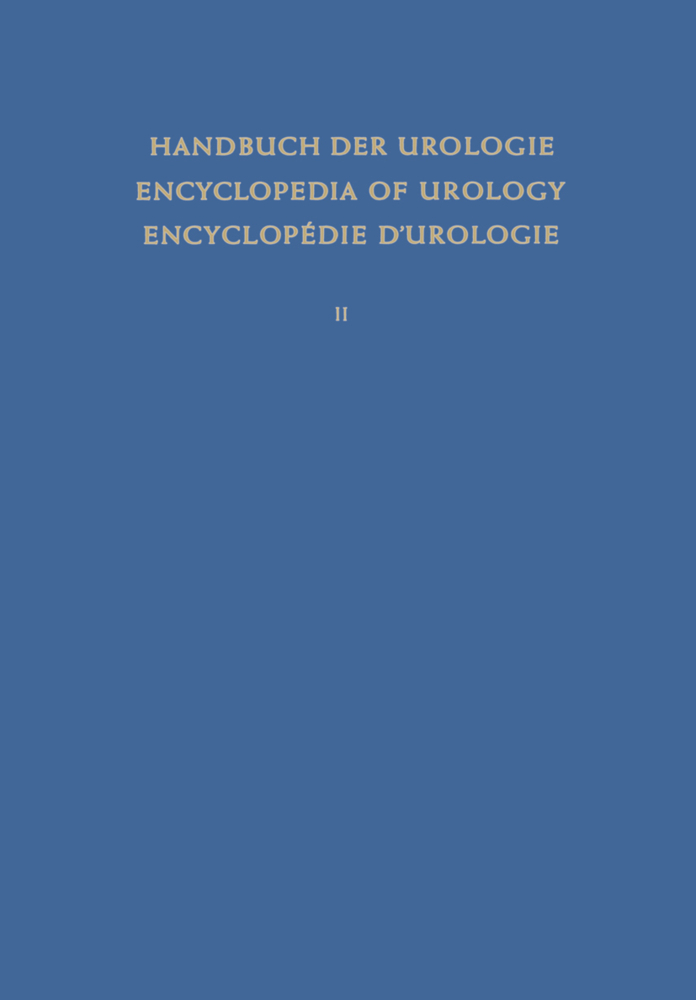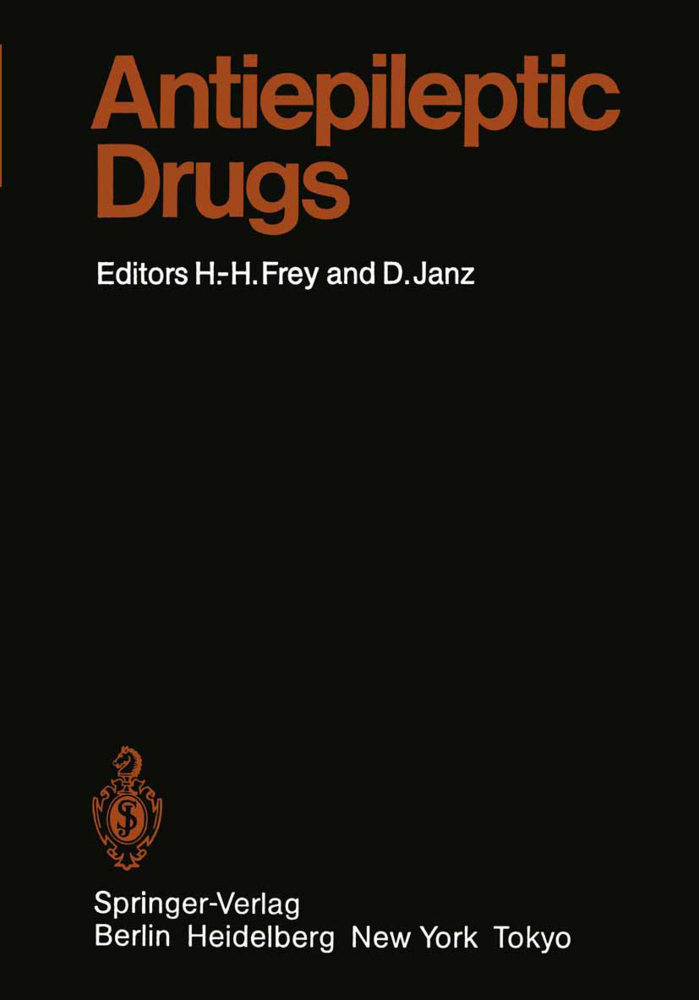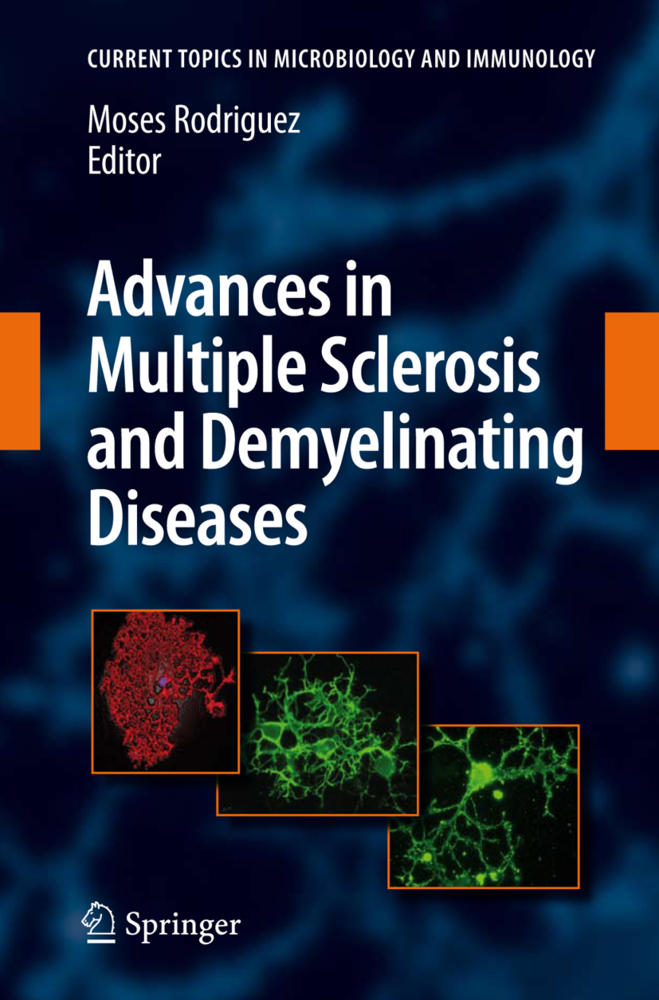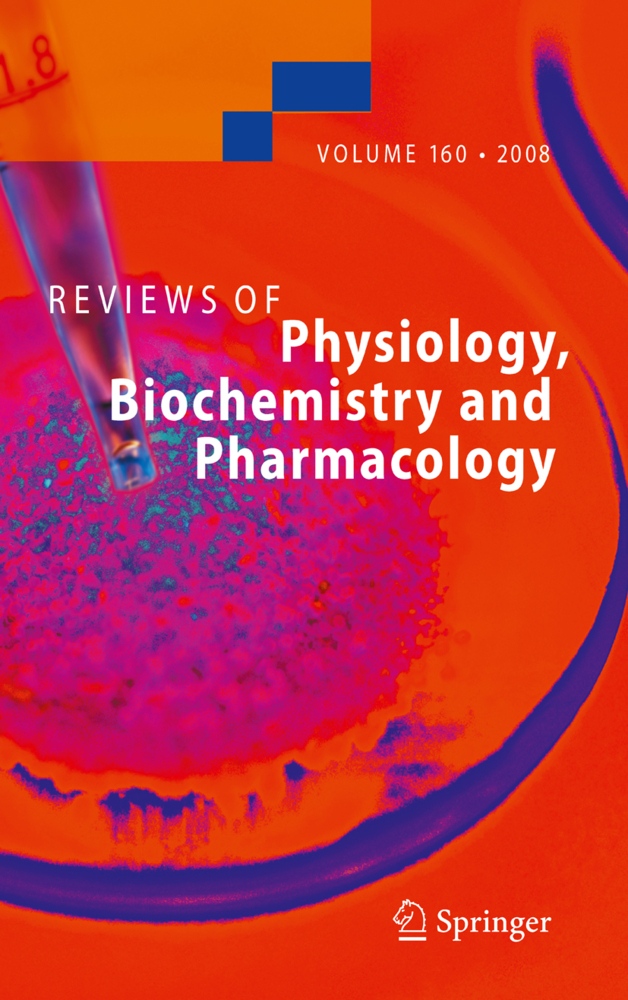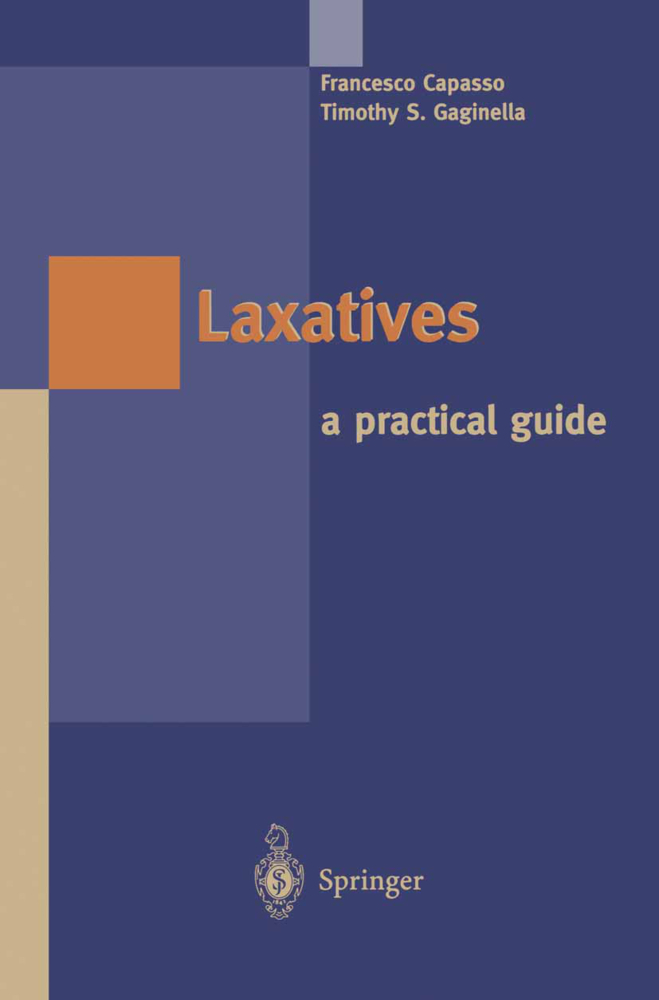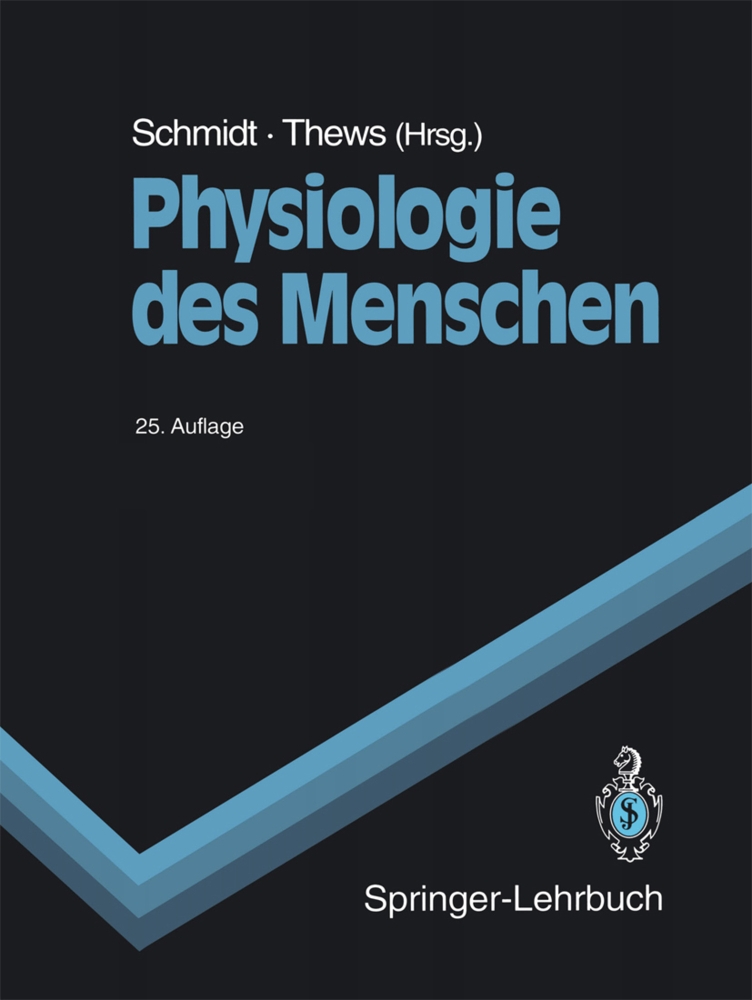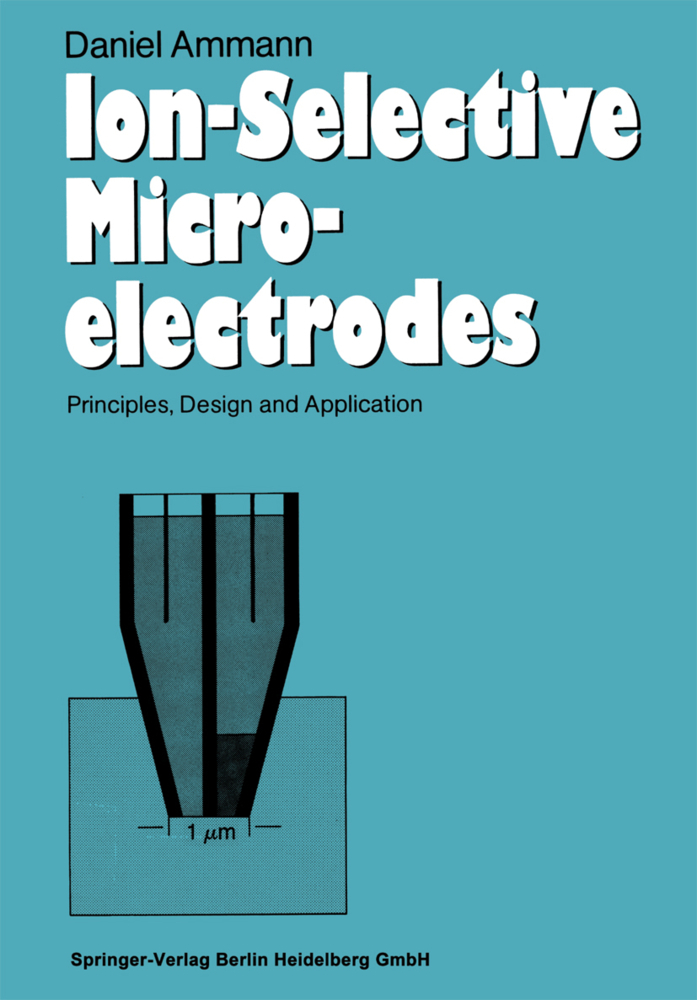Aplastic Anemia
Pathophysiology and Approaches to Therapy
Aplastic Anemia
Pathophysiology and Approaches to Therapy
Research on aplastic anaemia has until recently been limited to clinical description, morphology and epidemiology. New methods to culture haemopoietic cells, and advances in our knowledge of proliferation and differentiation in the haemopoietic cell system .opened a new area of scientific interest for this "prototype" of haemopoietic failure. In addition, bone marrow transplantation became not only a clinical method of treatment, but also a source of data useful for the discussion of pathophysiological models of aplastic anaemia. This situation prompted us to arrange an international con ference on aplastic anaemia, with particular emphasis on its patho physiology and the rationals of the current therapeutic approaches. This conference was held at Schloss Reisensburg from July 20-22, 1978 with the participation of both experimental and clinical scientists active in this field or in related areas of research. The proceedings of the symposion reflect the present knowledge as well as the many new questions which arose from the discussions. The editors are gratefully indebted to the participants of this meeting, to Gerlinde Trogele and all the co-workers of the Uni versity of Ulm engaged in preparation of this symposium and of this volume, and last not least to all sponsors who provided the financial basis for this scientific event.
2.1 Clinical Features of Aplastic Anaemia
2.2 Histology of Bone Marrow Failure, a Follow-up Study in Aplastic Anaemia
2.3 Epidemiology and Aetiology of Aplastic Anemia
2.4 The Role of Viral Infections in Aplastic Anemia
2.5 Aplastic Anemia Terminating in Leukemia
2.6 General Discussion
3 Kinetics and Control of Hemopoietic Stem Cells
3.1 Aplastic Anemia - a Stem Cell Disorder?
3.2 Mechanism of Damage to the Stem Cell Population
3.3 Congenital and Induced Defects in Haemopoietic Environments, Stem Cell Proliferation and Differentiation
3.4 Independent Requirements for Early and Late Stages of Erythropoiesis
3.5 Estimation of the Pluripotential Stem Cells in Bone Marrow After Hydroxyurea
3.6 CFU-C and Colony Stimulating Activity in Human Aplastic Anemia
3.7 Granulocytic and Erythroid Progenitor Cells in Recovering Aplastic Anemia
3.8 High BPA in Aplastic Anemia, a Possible Indicator of Immune Pathogenesis
3.9 Early and Late Effects of Adjuvant Chemotherapy (Adriamycin/Cyclophos-phamide) on the Human Granulopoiesis
3.10 General Discussion
4 The Rationale of Therapeutic Aproaches in Aplastic Anemia
4.1 Stimulation of Hemopoiesis in Aplastic Anemia by Hormones and Other Agents
4.2 Evolution of 352 Adult Patients Treated with Androgens: Short and Long Term Results of a Prospective Study
4.3 Insight into the Pathophysiology of Aplastic Anemia Provided Through the Results of Marrow Transplantation
4.4 Pathogenesis of Severe Aplastic Anemia: Inferences from Therapeutic Trials
4.5 Infusion of Fetal Liver Cells in Aplastic Anemia
4.6 Antilymphocyte Globulin Treatment in Severe Aplastic Anemia - Comparison with Bone Marrow Transplantation. Report of 60 Cases
4.7Aplastic Anemia: Evidence of Immuno-Pathomechanisms and Successful Treatment with Absorbed ATG
4.8 The Role of Haplo-identical Bone Marrow Transfusion in ALG Treated Patients with Severe Aplastic Anemia (SAA)
4.9 The Effect of Anthymocyte Globulin on Abnormal Lymphocyte Transformation in Patients with Aplastic Anemia
4.10 Recovery from Aplastic Anemia Following Therapy with Anti-thymocyte Globulin
5 Problems of an Immunological Pathogenesis in Aplastic Anemia
5.1 Some Possible Mechanisms Leading to Autoimmune Destruction of Bone Marrow Cells
5.2 Immunologic Function in Aplastic Anemia
5.3 Serum Inhibitors of Granulocyte CFU-C in Aplastic Anemia
5.4 Serum Inhibitors in Aplastic Anaemia
5.5 Aplastic Anemia After Bone Marrow Transplantation for Severe Combined Immunodeficiency
5.6 The Contribution of in Vitro Cultures to the Elucidation of the Pathogenesis of Aplastic Anaemia
5.7 Interpretations of Culture Data in Aplastic Anemia: Evidence for a Suppressor Cell Involvement
5.8 Co-culture Studies in Transfused and Untransfused Patients with Aplastic Anemia
5.9 General Discussion
6 Final Discussion
7 Summing-up.
1 Introduction
2 Clinical Observations in Aplastic Anemia2.1 Clinical Features of Aplastic Anaemia
2.2 Histology of Bone Marrow Failure, a Follow-up Study in Aplastic Anaemia
2.3 Epidemiology and Aetiology of Aplastic Anemia
2.4 The Role of Viral Infections in Aplastic Anemia
2.5 Aplastic Anemia Terminating in Leukemia
2.6 General Discussion
3 Kinetics and Control of Hemopoietic Stem Cells
3.1 Aplastic Anemia - a Stem Cell Disorder?
3.2 Mechanism of Damage to the Stem Cell Population
3.3 Congenital and Induced Defects in Haemopoietic Environments, Stem Cell Proliferation and Differentiation
3.4 Independent Requirements for Early and Late Stages of Erythropoiesis
3.5 Estimation of the Pluripotential Stem Cells in Bone Marrow After Hydroxyurea
3.6 CFU-C and Colony Stimulating Activity in Human Aplastic Anemia
3.7 Granulocytic and Erythroid Progenitor Cells in Recovering Aplastic Anemia
3.8 High BPA in Aplastic Anemia, a Possible Indicator of Immune Pathogenesis
3.9 Early and Late Effects of Adjuvant Chemotherapy (Adriamycin/Cyclophos-phamide) on the Human Granulopoiesis
3.10 General Discussion
4 The Rationale of Therapeutic Aproaches in Aplastic Anemia
4.1 Stimulation of Hemopoiesis in Aplastic Anemia by Hormones and Other Agents
4.2 Evolution of 352 Adult Patients Treated with Androgens: Short and Long Term Results of a Prospective Study
4.3 Insight into the Pathophysiology of Aplastic Anemia Provided Through the Results of Marrow Transplantation
4.4 Pathogenesis of Severe Aplastic Anemia: Inferences from Therapeutic Trials
4.5 Infusion of Fetal Liver Cells in Aplastic Anemia
4.6 Antilymphocyte Globulin Treatment in Severe Aplastic Anemia - Comparison with Bone Marrow Transplantation. Report of 60 Cases
4.7Aplastic Anemia: Evidence of Immuno-Pathomechanisms and Successful Treatment with Absorbed ATG
4.8 The Role of Haplo-identical Bone Marrow Transfusion in ALG Treated Patients with Severe Aplastic Anemia (SAA)
4.9 The Effect of Anthymocyte Globulin on Abnormal Lymphocyte Transformation in Patients with Aplastic Anemia
4.10 Recovery from Aplastic Anemia Following Therapy with Anti-thymocyte Globulin
5 Problems of an Immunological Pathogenesis in Aplastic Anemia
5.1 Some Possible Mechanisms Leading to Autoimmune Destruction of Bone Marrow Cells
5.2 Immunologic Function in Aplastic Anemia
5.3 Serum Inhibitors of Granulocyte CFU-C in Aplastic Anemia
5.4 Serum Inhibitors in Aplastic Anaemia
5.5 Aplastic Anemia After Bone Marrow Transplantation for Severe Combined Immunodeficiency
5.6 The Contribution of in Vitro Cultures to the Elucidation of the Pathogenesis of Aplastic Anaemia
5.7 Interpretations of Culture Data in Aplastic Anemia: Evidence for a Suppressor Cell Involvement
5.8 Co-culture Studies in Transfused and Untransfused Patients with Aplastic Anemia
5.9 General Discussion
6 Final Discussion
7 Summing-up.
Heimpel, Hermann
Gordon-Smith, E.C.
Heit, W.
Kubanek, B.
| ISBN | 978-3-540-09772-3 |
|---|---|
| Artikelnummer | 9783540097723 |
| Medientyp | Buch |
| Copyrightjahr | 1980 |
| Verlag | Springer, Berlin |
| Umfang | XIII, 292 Seiten |
| Abbildungen | XIII, 292 p. 6 illus. |
| Sprache | Englisch |

